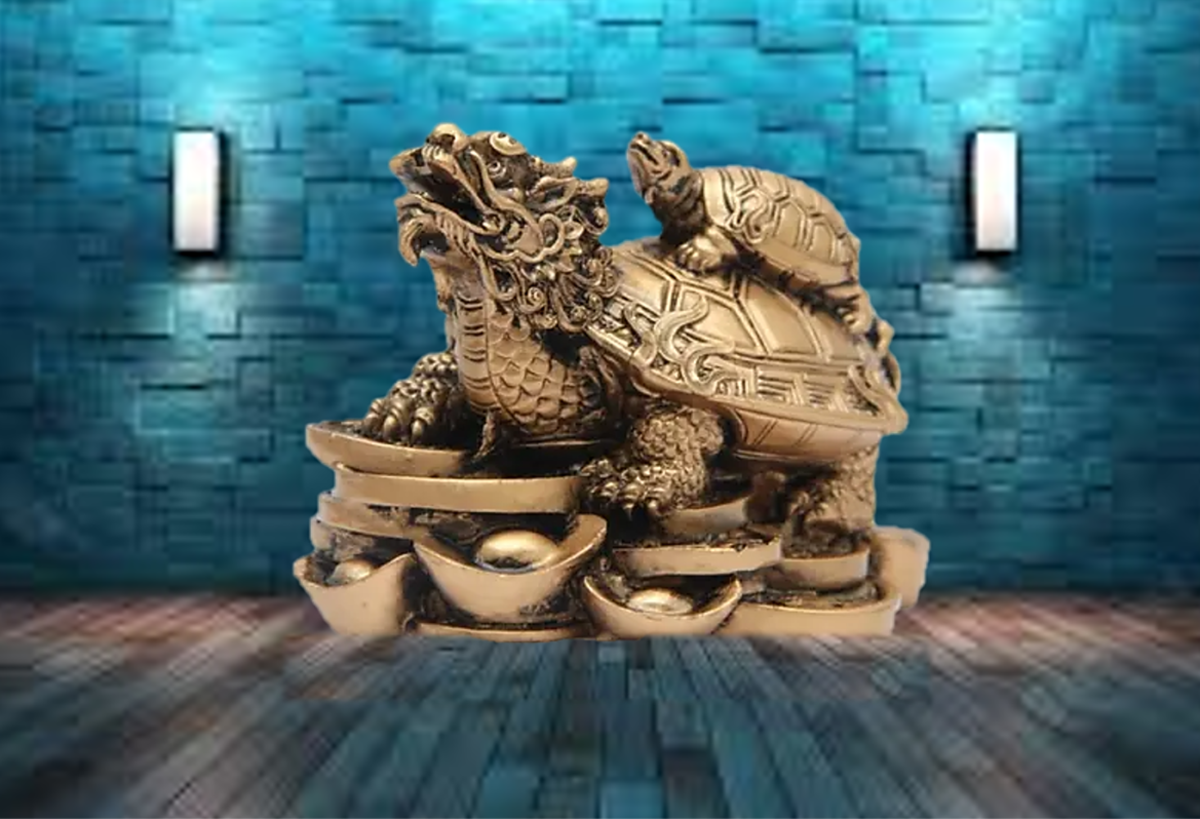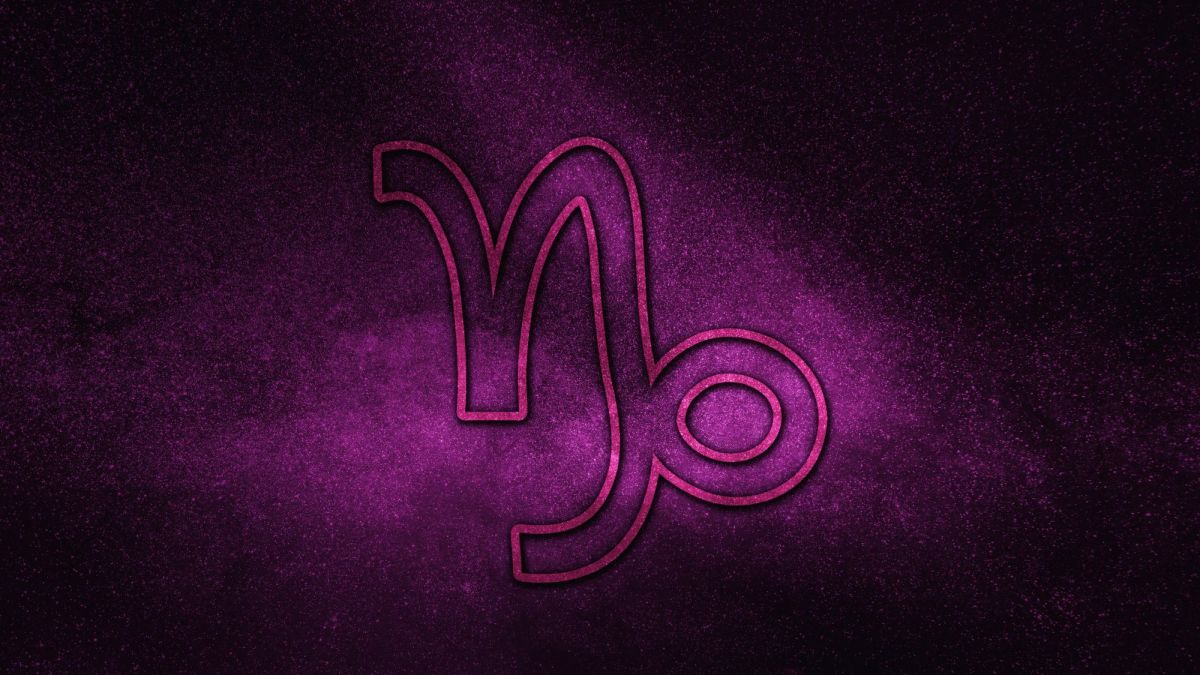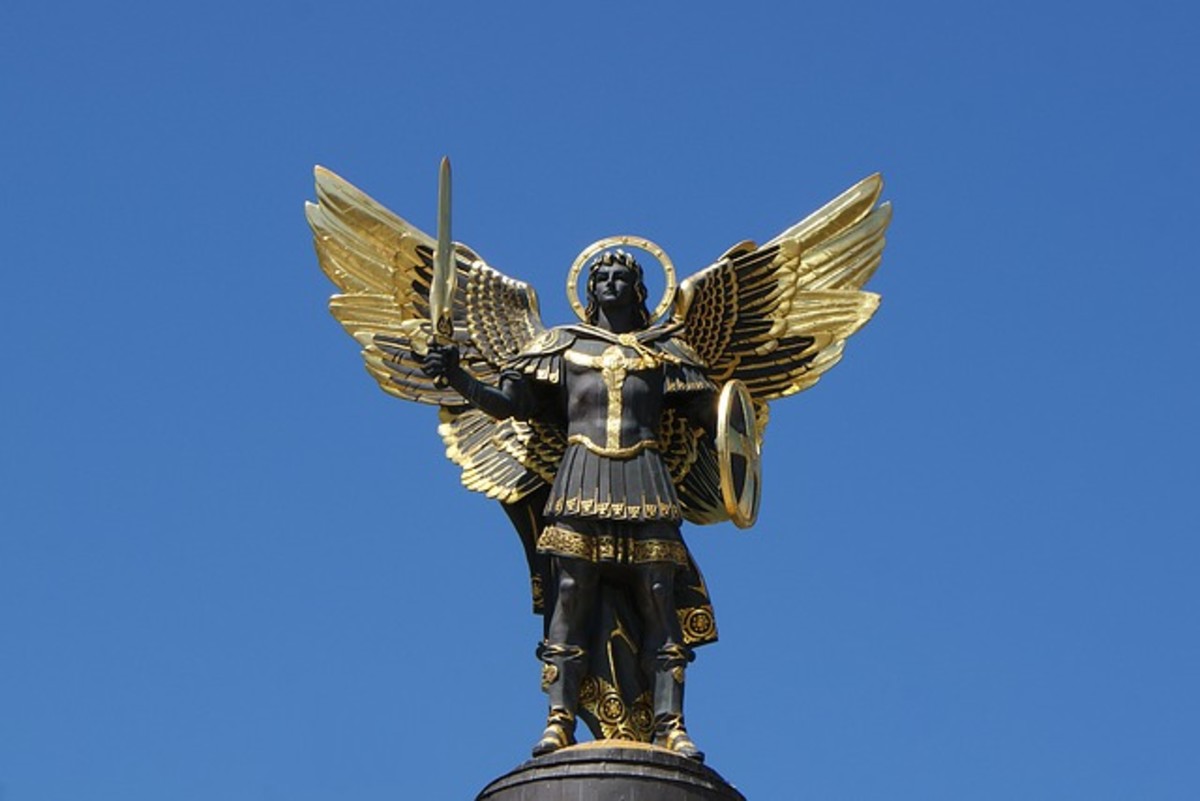Why a Wedding Can Be the Best Kind of Witchcraft
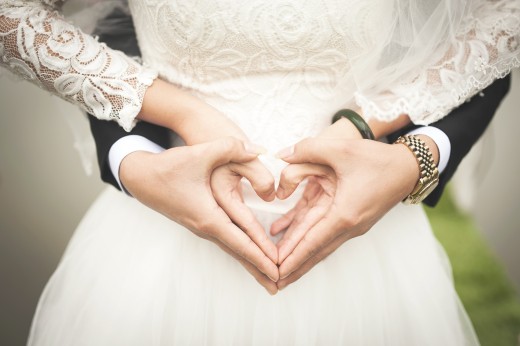
Witchcraft might not be the first thing that come to mind when you think of marriage, but without you knowing it, both have a lot in common. When witches practice their art, they ritualise their wish in ways most fitting for their purposes, in order to send out as clear of a picture as they can into the universe. While we - at least in this day and age - usually do not have a specific wish in mind when we marry, we actually do use the same techniques witches use when creating the day of our dreams.
This is actually great news, because comparing our day to a witches' ritual allows us to have a clearer understanding of what we are in essence doing when we plan a ceremony and gives us a basis to seperate what is important from what is not. In other words, in showing us that there actually does exist a witchy purpose to all the ritualising of a wedding as well, we take back the power to actually do what we really want to do.
What do witches do exactly?
What do we see when we think of witches? Do we see old hags stirring kettles in the woods, mad cackling creatures flying through the air or maybe seductresses that can make you follow their command with just one or two strange words? Whatever the outer look of these (mostly) women might be, they all have one thing in common; the fact that they all seem to be free of the shackles society sometimes puts on us and unapologetically live what they themselves want from their lives. This attitude to live might seem a consequence of their power, but in fact, it is more of a prerequisite.
Indeed, it is a prerequisite, because in witchcraft you have to be able to give yourself fully and focus on your desire for your ritual to work. Societal norms lie in the way of success when you are thinking about designing a specific situation that can fine-tune the idea that they try to convey to the universe, and that is basically what a witches’ ritual is.
When a witch does a ritual she has a goal in mind that corresponds to a feeling and this feeling corresponds to expressions she associates with it through all the senses and more. When she wants to curse someone, for instance, she wants to look at things that make her think about being mad and her wish to curse someone. She might choose black or red candles and incense that is very heavy and maybe even foul-smelling. She might want to compose a spell, or just a repetition of a mantra that keeps her in her desired mindset en reiterates her basic thoughts so that they become part of her without her having to think about them anymore. And she might wish to do a series of activities that to her feel like cursing someone, like drowning, stabbing or burning a picture. During all of this, what counts is that she does what she believes would represent the goal to her as purely as possible. If her goal is most helped by running around a churchyard naked in the moonlight then that is what she has to do.
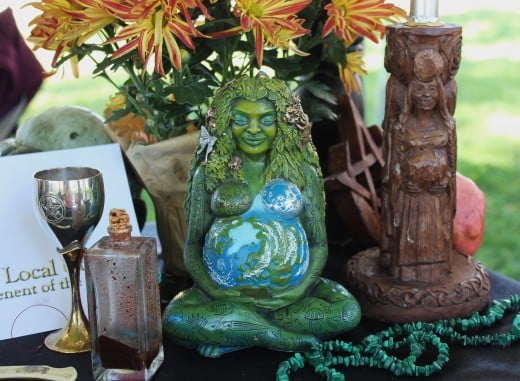
What has this to do with weddings?
If you believe that witches might be on to something and that reaching a goal successfully can be served by a ritual like this – a philosophical view on life that can also be encountered in many self-help programmes based on manifestation and the law of attraction, by the way- you might also be interested in applying the same viewpoint to weddings. Indeed, because what we do with weddings is basically the same as what witches do in their rituals. The only difference is that we have forgotten that weddings are rituals and they thus imply a goal. We are so caught up in the whole show of white dresses and bouquets and best man speeches that we forgot that what a wedding is about is basically casting a spell of protection over the love of the couple so that it will survive for many years.
What does this mean for weddings?
What this means for weddings is that this allows us to focus on what is most important, namely the goal of the ritual and that the ritual can be changed to fit the feelings and the wishes of the bride and groom. If to a couple wedding bands do not celebrate everlasting love as well as matching tattoos, for instance, the fact that the wedding is a ritual that is best served by what the couple associates most with the goal, supports them choosing the tattoos. Or when the couple is worried about inviting people who will bring down the mood and the good vibes, the fact that marriage is a ritual gives them an argument for not inviting such people. Overall, the comparison between witchcraft and marriage and the understanding that the wedding is a ritual gives couples the freedom to do what they really think fits celebrating their love best. Social conventions or obligations to family and friends are seen in a new light because of it.
What do you think? Of course, doing what one really wants to do is easier said than done. However, now you know why choosing what you really want to do on YOUR special day might actually be the most important tradition of all, do you stand firmer in your conviction to create an event that you especially would love? Or do you think that tradition and expectations are still too overpowering or important?
© 2018 Douglas Redant

